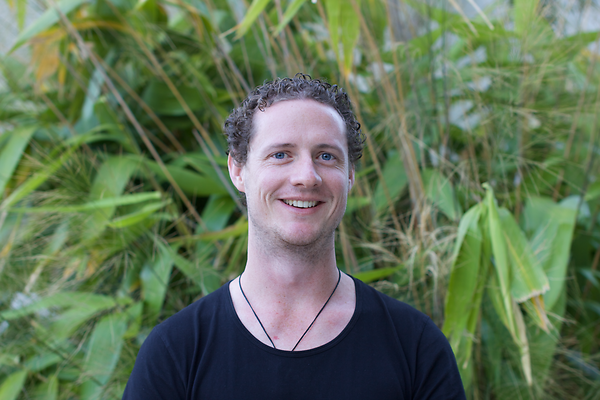Seminar by Dr. David Jones

Date
Location
Description
Marine Climate Change (Ravasi) Unit would like to invite you to the seminar by Dr. David Jones on July 4th (Friday).
----------------------------------------------------------------------
Date: Friday, July 4th, 2025
Time: 10:00-11:00
Venue: L4F01 (Level F, Lab 4)
Zoom link:
Meeting URL: https://oist.zoom.us/j/99312058917?pwd=F5RvlaJ6MrQyb2QT68NdKad8B0eGMW.1
Meeting ID: 993 1205 8917
Passcode: 944094
----------------------------------------------------------------------
Speaker:
Dr. David Jones
James Cook University
Abstract:
Aquaculture is a rapidly expanding sector essential to global food security, yet its long-term sustainability hinges on improvements in productivity, resilience, and environmental stewardship. Genomics and advanced phenotyping have emerged as transformative tools, enabling more precise breeding and management strategies—particularly for non-model tropical species that form the backbone of global aquaculture.
This seminar will highlight how integrating genomic resources—including SNP panels, linkage maps, and genome-wide association studies (GWAS)—with phenotypic data can lead to meaningful gains in aquaculture breeding programs. Case studies from tropical species such as pearl oysters (Pinctada maxima), black tiger shrimp (Penaeus monodon), and barramundi (Lates calcarifer) will demonstrate applications of these technologies to enhance traits of commercial and ecological importance, such as growth, disease resistance, pearl quality, and environmental resilience.
In addition, the seminar will explore how population genomics is being used to uncover natural genetic diversity and identify wild source populations with desirable genetic traits for incorporation into breeding programs—particularly in P. monodon and L. calcarifer. These insights also have conservation value, as genomic tools can assess the potential genetic impacts of farm escapees on wild populations.
The role of advanced phenotyping in quantifying complex traits, the influence of genotype-by-environment interactions, and the promise of emerging technologies such as non-invasive imaging and AI-assisted data analysis will also be discussed. Finally, broader implications for sustainable aquaculture and marine biodiversity conservation will be considered, alongside the ongoing challenge of translating genomic data into industry-ready solutions.
This presentation aims to stimulate discussion on how integrative genomics and phenotyping approaches can help address the future challenges facing aquaculture and marine conservation.
Biography:
Dr. Dave Jones is a researcher specializing in applying genomics within advanced breeding programs for aquaculture species.
Dave’s primary expertise involves the application of genetic and genomic tools to address research questions with a strong applied aquaculture focus. He has designed and validated numerous commercial single nucleotide polymorphism (SNP) panels across multiple leading platforms for a diverse array of species. Their development and application has allowed the creation of genomic linkage maps, and have enabled links to be drawn between an individual's genotype and phenotypic variance of ecological and commercial importance.
Dave has played a substantial role in developing co-funded ARC and CRC-P genomic research projects at JCU with colleagues within the Centre for Sustainable Tropical Fisheries and Aquaculture (CSTFA). As a result, he has ongoing collaborations with researchers from the University of Sydney; CSIRO at Bribie Island; AGRF in Melbourne; IFREMER in French Polynesia and Montpellier; and Jeju National University, South Korea. In addition, he also has ongoing research projects with aquaculture commercial partners in Broome, Western Australia, and Melbourne, Victoria.
Host:
Prof. Timothy Ravasi
Subscribe to the OIST Calendar: Right-click to download, then open in your calendar application.



